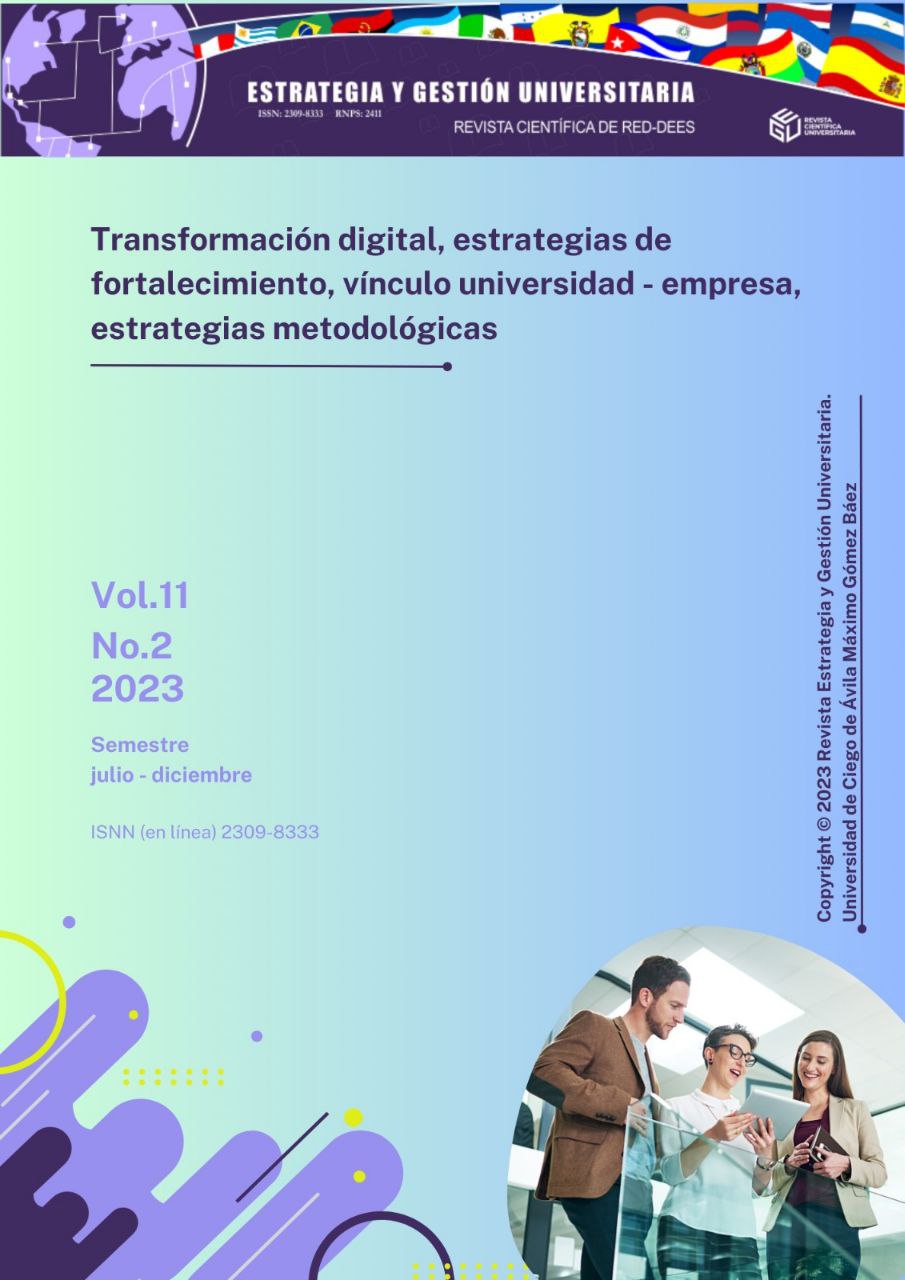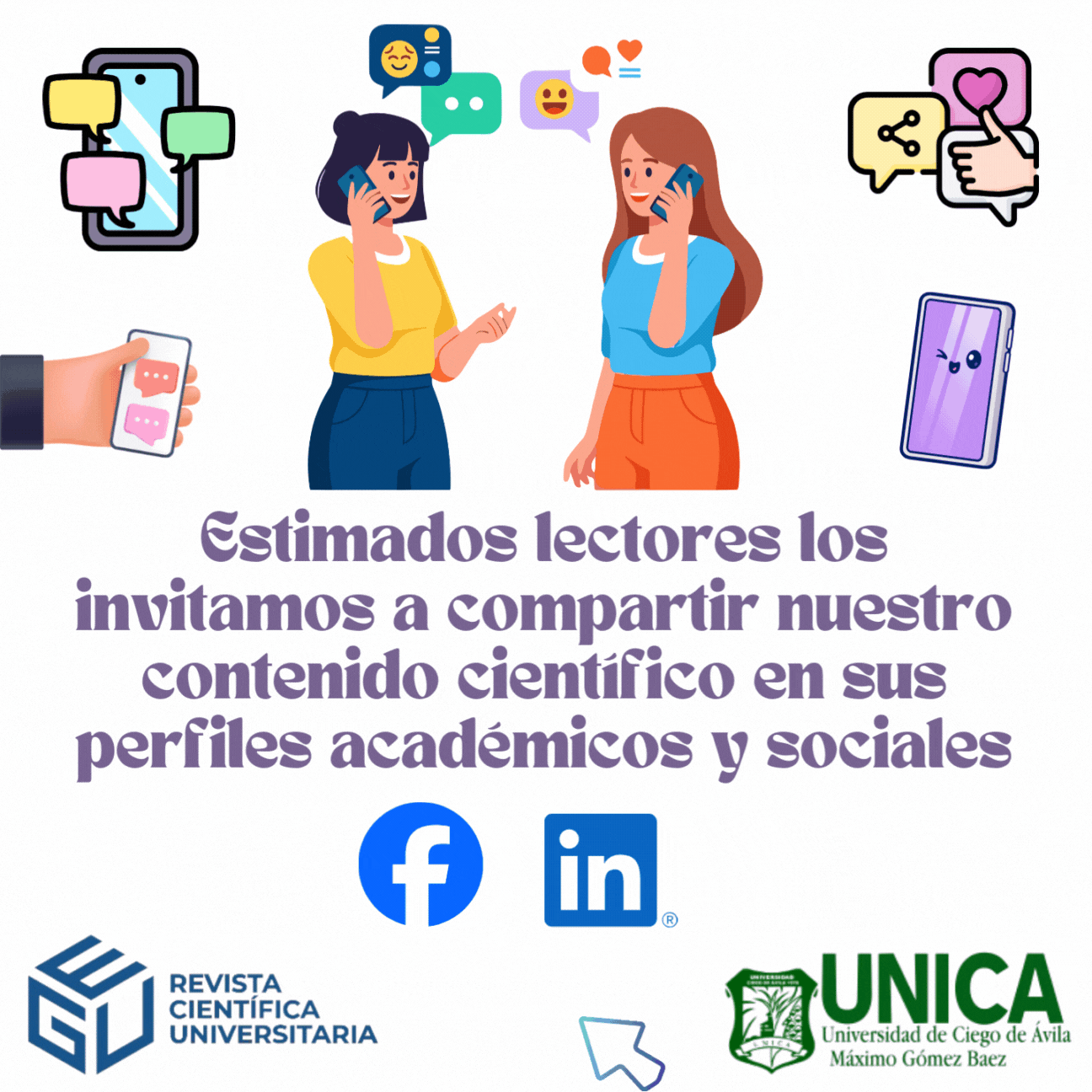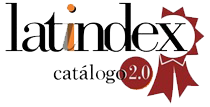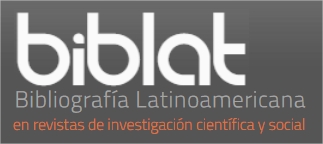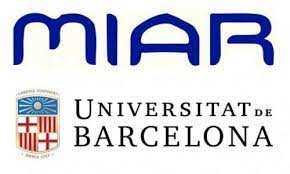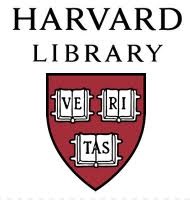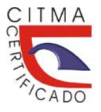What benefits does accreditation represent for the Agri-food Industry Engineering career at Chapingo Autonomous University?
DOI:
https://doi.org/10.5281/zenodo.10047955Keywords:
curriculum, higher education, accreditation, valuative stateAbstract
Introduction: accreditations are fundamental methods that contribute to raising the levels of teaching and educational processes. Objective: to analyze the benefits that the Agroindustrial Engineering program has gained from being accredited by the Mexican Accreditation Committee for Agronomic Education A. C. Method: this is a diagnostic investigation, a case study with quantitative and qualitative analysis where the survey and document analysis were used as methods. Results: it was found that 55% of academics and 84% of students agree that accreditation helps improve the curriculum but has no impact on other aspects, including teaching practice. 55% of academics indicate that accreditation improves management, while 53% believe it aids in curriculum updates, but no benefits are observed in other indicators. Conclusion: being accredited is not enough to ensure the quality of a program, as the ideal would be for the ratings to be close to 100% to demonstrate significant benefits. Additionally, the relevance of developing research on strategic areas that help improve accreditation processes was confirmed.
Downloads
References
Badiru, A. (2021). Quality insight: Product quality certification post COVID-19 using systems framework from Academic Program Accreditation. International Journal of Quality Engineering and Technology 8(2), 218–227. https://doi.org/10.1504/IJQET.2021.113728
Barrett, B., Fernandez, F. & Gonzalez, E. M. (2020). Why universities voluntarily pursue US accreditation: the case of Mexico. Higher Education, 79(4), 619–635. https://doi.org/10.1007/s10734-019-00427-y
Calma, A., & Dickson-Deane, C. (2020). The student as customer and quality in higher education. International Journal of Educational Management, 34(8), 1221-1235. https://doi.org/10.1108/IJEM-03-2019-0093
Chatterjee, R., Bandyopadhyay, A., Chakraborty, S., & Dutta, S. (2023). Digital Education: The Basics with Slant to Digital Pedagogy-An Overview. Digital Learning based Education: Transcending Physical Barriers, 63-80. https://doi.org/10.1007/978-981-19-8967-4_4
DIA. (1999). Plan de Estudios de la Carrera de Ingeniería Agroindustrial. Departamento de Ingeniería Agroindustrial-UACh.
DIA. (2018). Diagnóstico del Departamento de Ingeniería Agroindustrial DAFO. Texcoco. Departamento de Ingeniería Agroindustrial-UACh.
DOF. (1977). Ley Que Crea a La Universidad Autónoma Chapingo. Recuperado de https://www.diputados.gob.mx/LeyesBiblio/pdf/195.pdf
Ebneyamini, S. & Sadeghi, M. M. R. (2018). Toward developing a framework for conducting case study research. International journal of qualitative methods, 17(1). https://doi.org/10.1177/1609406918817954
ENA. (1957). Primer Boletín del Departamento de Industrias Agrícolas. Escuela Nacional de Agricultura.
Jiménez, M. J. A. (2019). La evaluación y acreditación de la educación profesional en México:¿ la legitimación y competitividad como fin de la universidad? Revista de la educación superior, 48(189), 55-72. https://www.scielo.org.mx/scielo.php?pid=S0185-27602019000100055&script=sci_arttext
Kumar, A. (2019). Curriculum Studies in Mexico: Technical Rationality, Curriculum Communities, and Neoliberal Globalization. En Curriculum in International Contexts Understanding Colonial, Ideological, and Neoliberal Influences (79-112). Palgrave Macmillan, Cham. https://doi.org/10.1007/978-3-030-01983-9_4
Kumar, P., Shukla, B., & Passey, D. (2020). Impact of Accreditation on Quality and Excellence of Higher Education Institutions. Revista Investigacion Operacional, 41(2), 11–167. https://rev-inv-ope.pantheonsorbonne.fr/sites/default/files/inline-files/41220-01.pdf
Madani, R. A. (2019). Analysis of Educational Quality, a Goal of Education for All Policy. Higher Education Studies, 9(1), 100-109. https://eric.ed.gov/?id=EJ1203706
Martínez, G. G. (2010). Actores universitarios ante el proyecto de modernización para la Educación Superior. Universidad Autónoma Chapingo, México.
Méndez, C. C. R. (2022). La tecnoeducación en el contexto de las metodologías activas. Revista Scientific, 7(23), 10-20. https://doi.org/10.29394/Scientific.issn.2542-2987.2022.7.23.0.10-20
Méndez, C. C. R., & Pozo, C. E. E. (2021). La tecnopedagogía: enlace crucial entre metodologías activas y herramientas digitales en la educación híbrida universitaria. Revista Scientific, 6(22), 248-269. https://doi.org/10.29394/Scientific.issn.2542-2987.2021.6.22.13.248-269
Neave, G. (2012). The Evaluative State, Institutional Autonomy and Higher Education in Western Europe (1st ed.). CIPES. https://doi.org/10.1057/9780230370227_3
Ortega, R. A., Piñón, M. M. A., García, M. S. A., Leyva, C. A. N., Villalobos, P. E., & Achongo, A. A. (2017). Impacto de Los Procesos de Acreditación: Caso Faciatec-COMEAA. Revista Científica Biológico Agropecuaria, 5(2), 62–67. https://www.revistabioagro.mx/index.php/revista/article/view/112
Patel, M., & Patel, N. (2019). Exploring research methodology. International Journal of Research and Review, 6(3), 48-55. https://www.academia.edu/download/63543152/IJRR001120200605-115829-bxlrli.pdf
Romanowski, M. H. (2022). The idolatry of accreditation in higher education: enhancing our understanding. Quality in Higher Education, 28(2), 153–167. https://doi.org/10.1080/13538322.2021.1948460
Schofer, E., Ramirez, F. O., & Meyer, J. W. (2021). The societal consequences of higher education. Sociology of Education, 94(1), 1-19. https://doi.org/10.1177/0038040720942912
UACh. (2009). Plan de Desarrollo Institucional de La UACh 2009-2025 (1a. ed.). México: Universidad Autónoma Chapingo.
UACh-UPOM. (2021). Estadísticas de Bolsillo 2021, Universidad Autónoma Chapingo. http://upom.chapingo.mx/wp-content/uploads/2021/06/Estadisticas-2020-2021.pdf
Valle, G. S. (1997). Primer Informe de Actividades de la Administración del DIA. Departamento de Ingeniería Agroindustrial-UACh.
Valle, G. S. (2013). Informe de Autoevaluación de Ingeniería Agroindustrial. Departamento de Ingeniería Agroindustrial-UACh.
Published
How to Cite
Issue
Section
License
Copyright (c) 2023 Estrategia y Gestión Universitaria

This work is licensed under a Creative Commons Attribution-NonCommercial-ShareAlike 4.0 International License.

